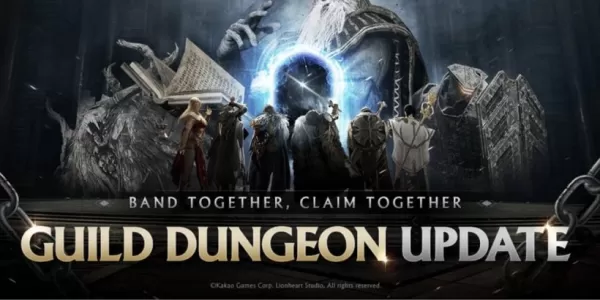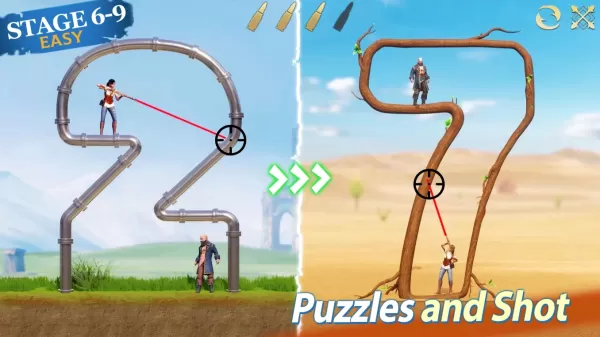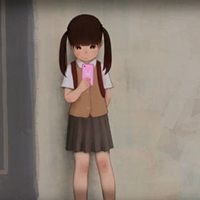Ubisoft has clarified that purchasing a game does not grant players "unfettered ownership rights" to it, but rather a "limited license to access the game." This statement was made in response to a lawsuit filed by two players of the now-defunct game, The Crew, which was shut down by Ubisoft last year. The original The Crew, released in 2014, is no longer playable in any form, with its servers going dark completely at the end of March 2024. Ubisoft made efforts to develop offline versions of The Crew 2 and its sequel, The Crew: Motorfest, allowing continued play, but did not extend this option to the original game.
At the end of last year, two gamers initiated legal action against Ubisoft, arguing that they believed they were purchasing permanent ownership of The Crew rather than a temporary license. Their lawsuit likened the situation to buying a pinball machine only to find its essential components removed years later. According to Polygon, the plaintiffs accused Ubisoft of breaching several California laws, including False Advertising Law, Unfair Competition Law, and the Consumer Legal Remedies Act, alongside allegations of common law fraud and breach of warranty. They also pointed out that the activation code for the game, valid until 2099, implied the game would remain playable for an extended period.
Ubisoft's legal team countered that the plaintiffs were informed at the time of purchase that they were acquiring a license, not ownership. They noted that the packaging on Xbox and PlayStation included a prominent warning that Ubisoft could terminate access to online features with 30 days' notice. Ubisoft has since moved to dismiss the case, with the plaintiffs seeking a jury trial should the lawsuit proceed.
Following these developments, digital marketplaces like Steam have begun to explicitly state that customers are buying a license, not a game. This shift came after California Governor Gavin Newsom signed a law mandating digital marketplaces to clarify the nature of digital media purchases. Although this law does not stop companies from discontinuing access to content, it ensures consumers are aware of the licensing terms before making a purchase.








